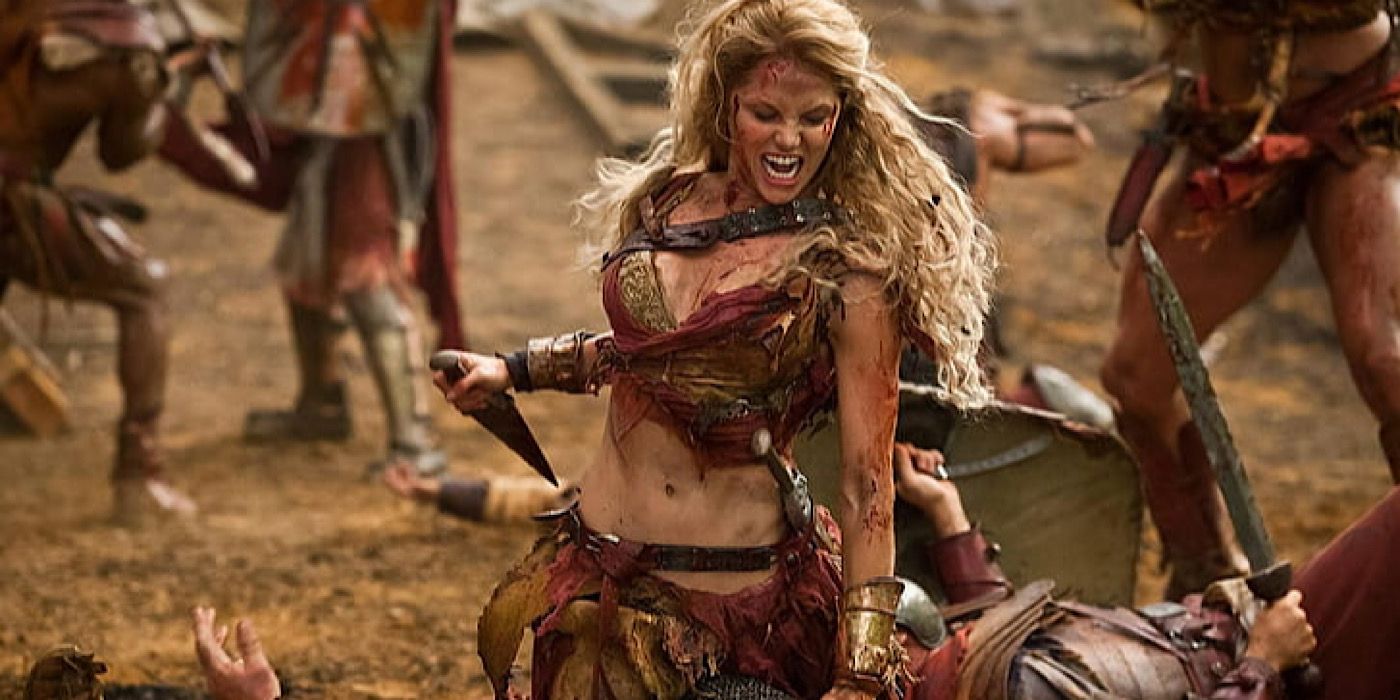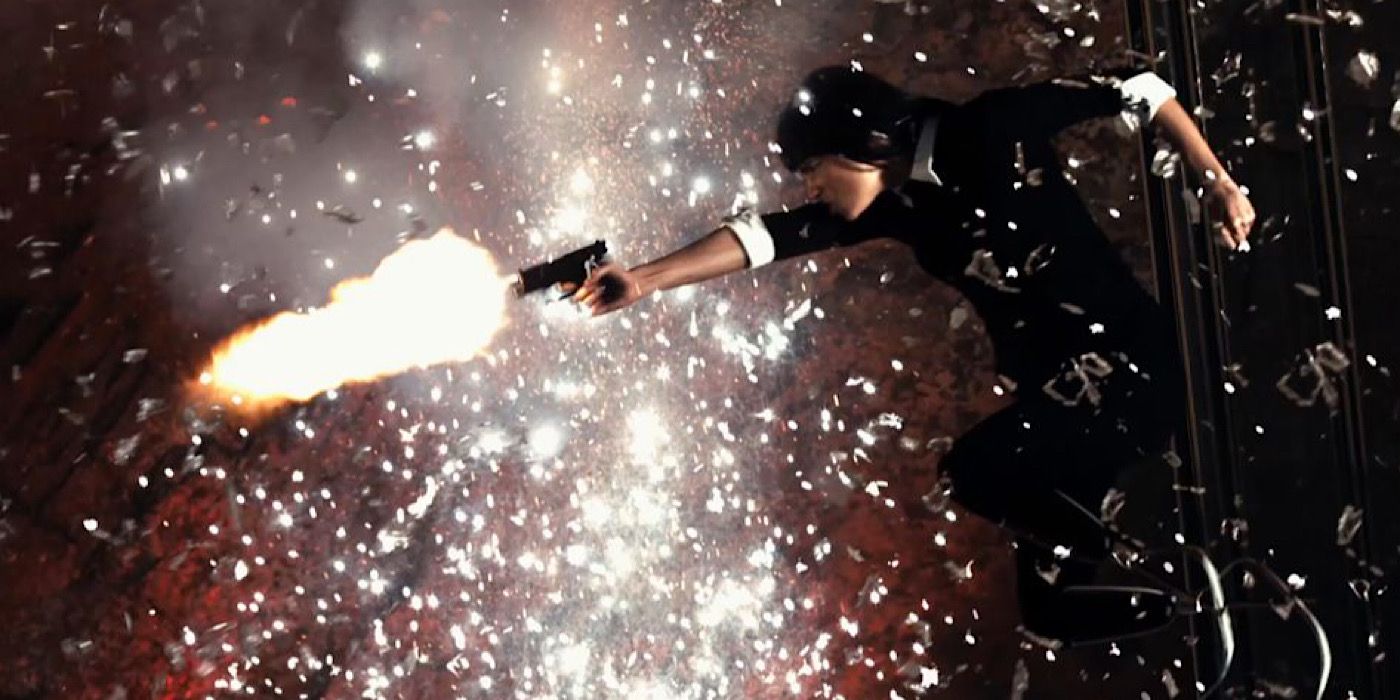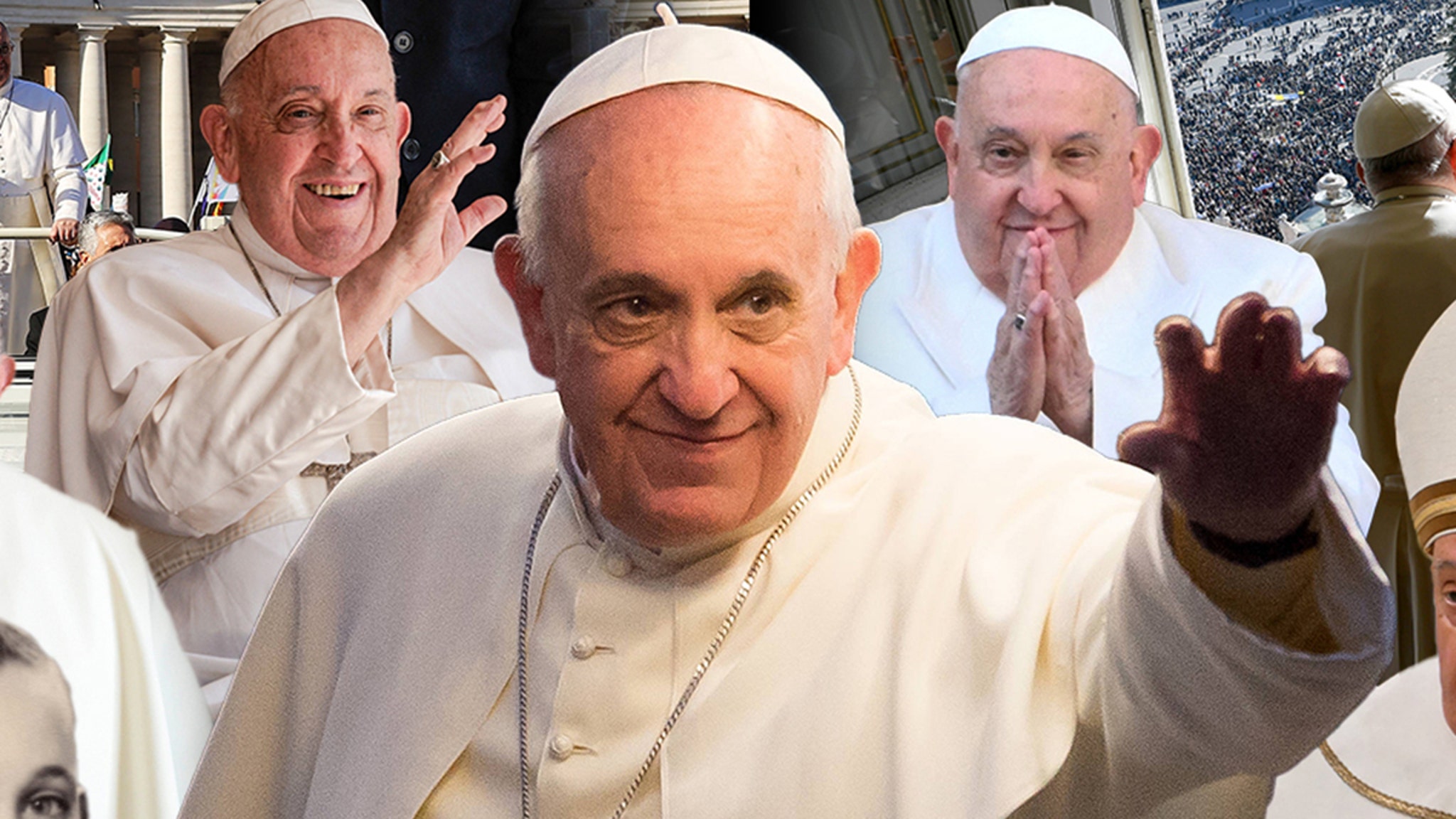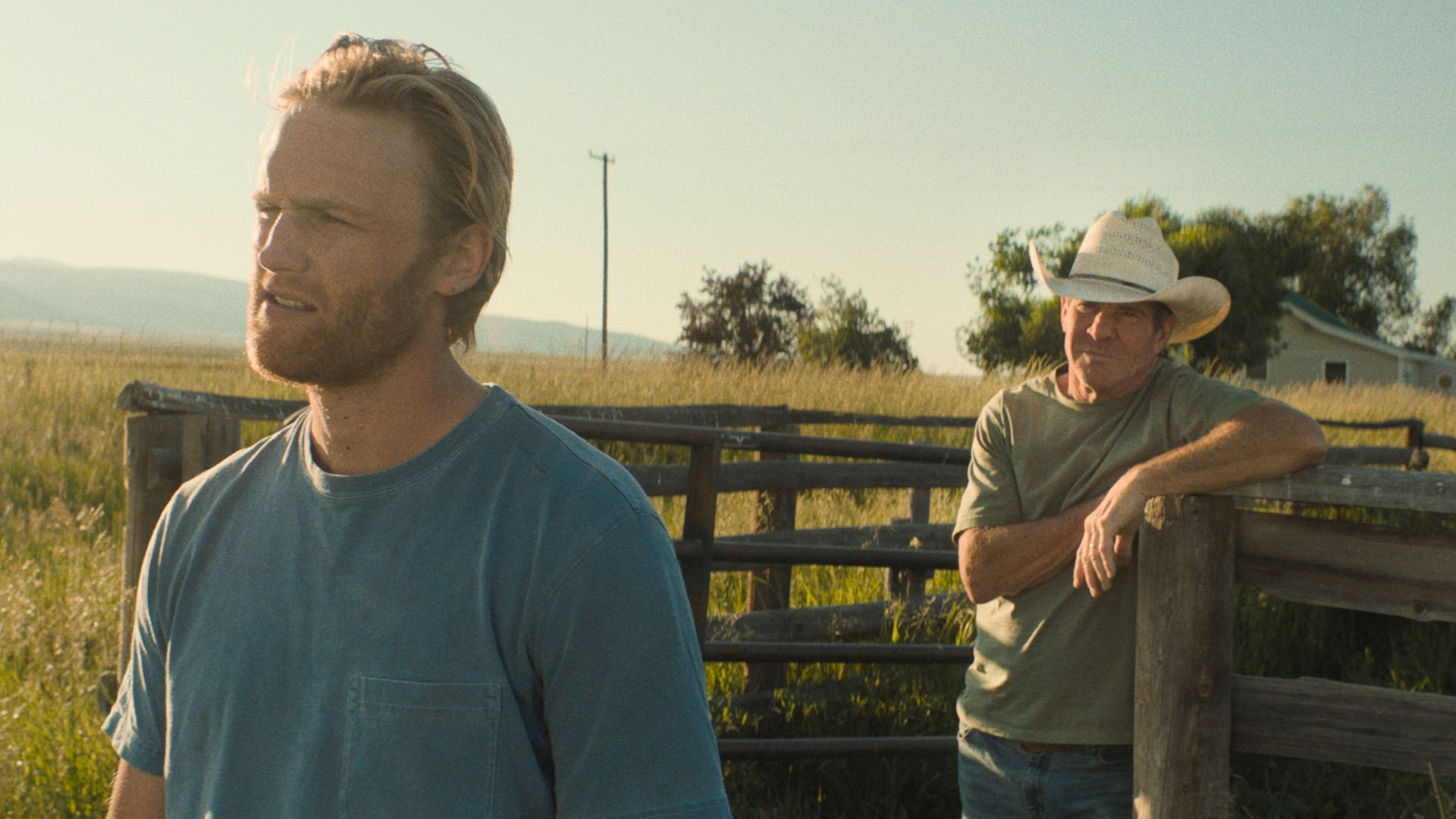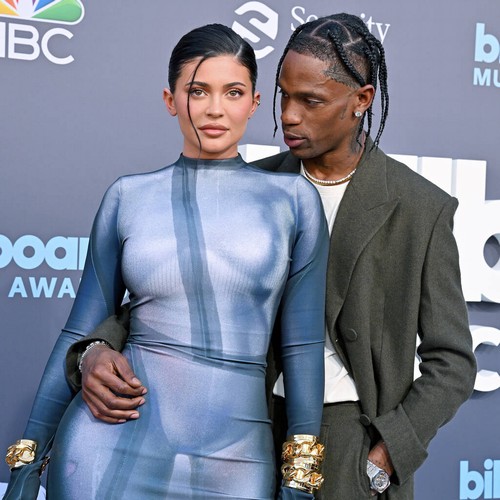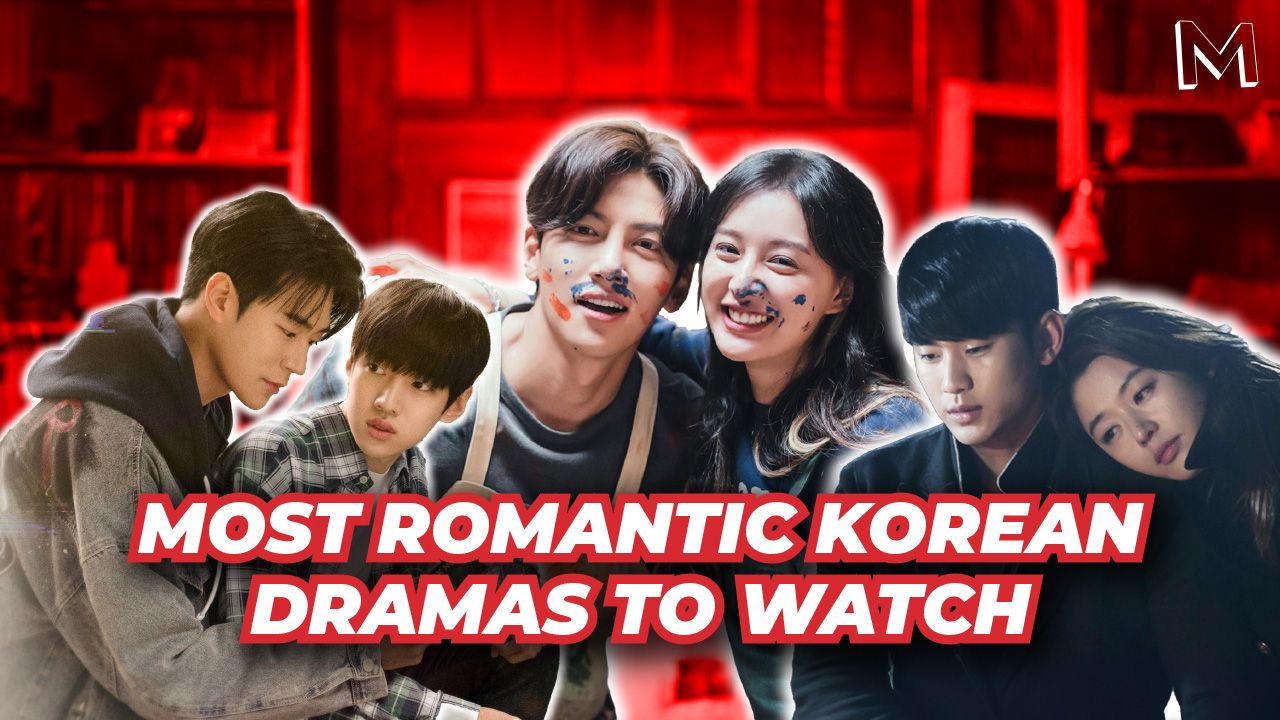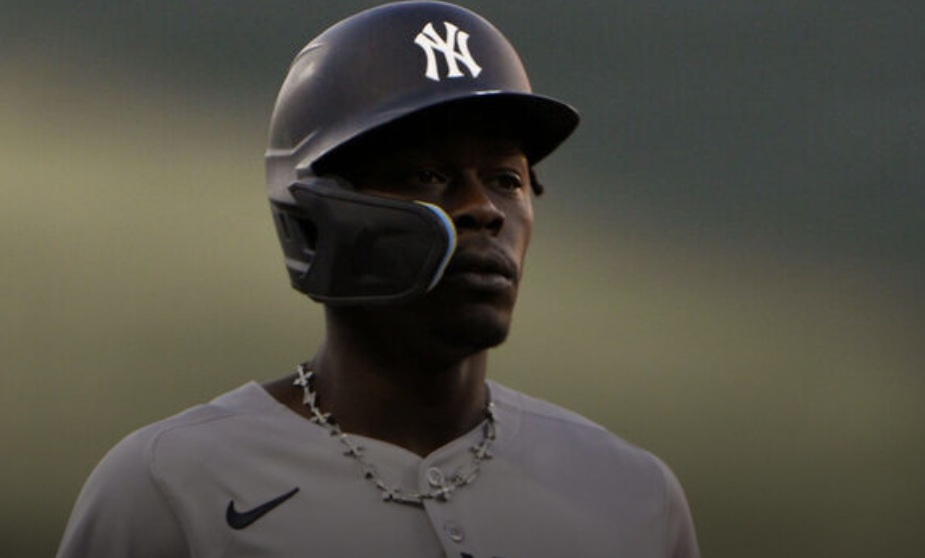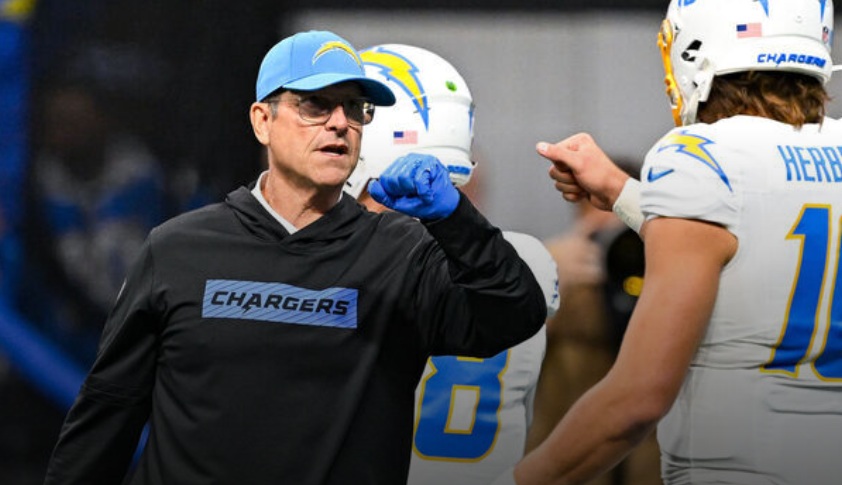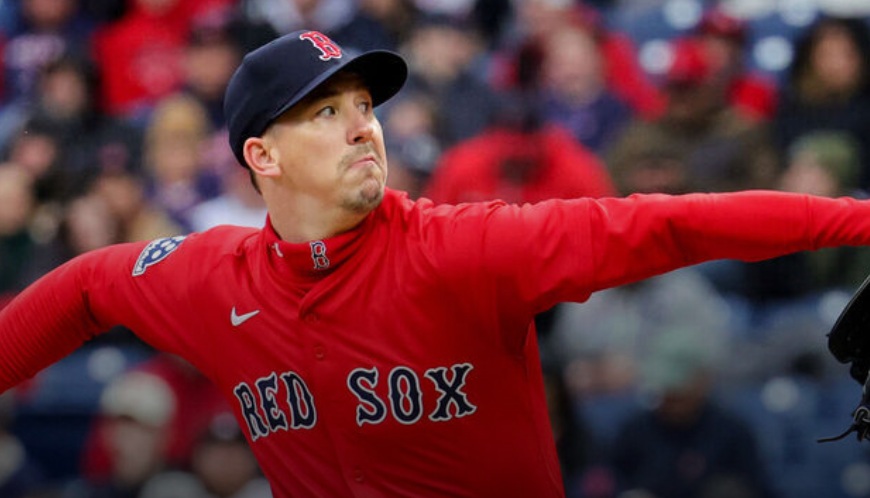When Hollywood star Simu Liu was given the opportunity of a lifetime to become the first Asian superhero in the Marvel Cinematic Universe in Shang-Chi and the Legend of the Ten Rings, he was also given his first break as a musician on the soundtrack.
When working on Shang-Chi, Liu was approached by 88Rising, a pan-Asian record label whose roster includes Warren Hu and Joji. The label were executive producers on the soundtrack and initially only approached the actor to help them with publicity and promote the album.
The Barbie star saw this as an opportunity to fulfil his long-term aspirations of venturing into music and asked whether they needed help on any of the songs. Liu described this as the perfect example of “ask and you shall receive” as he subsequently recorded ‘Hot Soup.’ That gave Liu a small taste of what was to come.
Two years later, he officially marks the beginning of his journey into music with his debut EP, ‘ANXIOUS-AVOIDANT’, as he embarks on a mature exploration of love, heartbreak and his deep-felt insecurities; Liu speaks to NME about his debut EP, imposter syndrome and his dreams of inspiring the youth.
You showed a great deal of vulnerability when writing your 2022 memoir We Were Dreamers, but how did it feel to lay your emotions bare through music?
Simu Liu: “Songwriting is immensely difficult, I would much rather get on the computer and I’d probably finish another book before I finish a full album. The memoir spoke to this ambition that I had and my story of coming from an immigrant family and making something of myself and it’s a naturally uplifting story.
There’s not really room in that memoir to talk about the little bits and pieces along the way, these formative experiences that shaped my view on love, sex, relationships, heartbreak, all of these deep-down feelings that may not have fit into that narrative. In the music space, these stories really shine.”
If you were to have written an EP five years ago, would you have been able to show this level of vulnerability in your songwriting?
“Definitely not. I was going through a lot of different things five years ago. There were so many unknowns in my life, I was deeply insecure, more so than I am now. Sometimes that lends itself quite well to songwriting but my insecurity and my maturity level and self-awareness were at a level where I wouldn’t have the same perspective as I do now. Part of growing up is about understanding yourself and understanding your flaws and taking accountability for the dumb shit that you did. I definitely was very much not in that space five years ago.”
You’ve said in the past that you struggle with imposter syndrome, does that lessen with time as you get more exposure?
“In certain areas it has lessened. If I’m on a movie set then I feel much more confident than I did two or three years ago. I only shot Shang-Chi about three and a half years ago, which in the grand scheme of things isn’t that long but I’ve done a lot in that time and really built my skill set up.
In the music space I feel more imposter syndrome than I ever have before. That’s the risk of putting yourself out there, that’s the cost of taking a risk and that comes with the territory. What’s been really gratifying for me is that I feel exactly as I did releasing this first EP, as I did going out for my first audition in Toronto as a 24-year-old actor. It is that feeling of uncertainty and imposter syndrome but also excitement.”
Credit: Press
Is this just the beginning of your music journey?
“Yes, I don’t want this to be the be-all and end-all. I don’t want to release four songs and be like, ‘That was fun, I’m out.’ I want to continue to hone my musical craft and to be able to do all of the things I want to do to express myself in all the ways I can. I might not be there yet in my musical journey, but maybe one day the imposter syndrome will settle down.”
In Chinese culture the transition between actor and singer is normalised, the likes of Andy Lau, Tony Leung, Jackie Chan and Faye Wong have been hugely successful. In Hollywood, this can still be seen as a gimmick.
“I grew up in Canada but I had some exposure to what was happening in Asia and there was a sense that to be an entertainer is to be multi-hyphenate. I wouldn’t be attempting music if I couldn’t do music. My parents put me in piano [lessons] when I was eight years old and I naturally gravitated towards bands and orchestra. Singing came a little bit later because I was going through puberty and I had no idea how to talk to girls. I thought maybe if I taught myself how to sing and dance that would help in some way.”
Did it?
“Not as much as you would think. I think a good sense of humour and some self-awareness goes a lot further than just peacocking random talents. Musicality has been a part of me for a long time. I’ve always held that ambition inside of me, tangentially to this greater ambition of being an entertainer and a performer.
To be honest, a lot of it is rooted in this desire to feel safe. To be Chinese-Canadian or to be Asian growing up in the West, you’re faced with a whole different set of challenges and oftentimes you’re looking and yearning for representation that you’re not seeing. For representation in film, there’s been a journey over the last few years. I’ve played a small part in that and I’m very excited about the progress that we’ve made.
But when you look at music, the representation is not the same. An Asian Canadian or Asian American singer-songwriter is not the same thing as a K-Pop star with a massive global fanbase that’s from Korea or Asia. It’s almost like we don’t have that connection to our home countries and so we often struggle to find our own audience and that makes us difficult label targets. I’m very aware that opportunities don’t grow on trees for people who look like me, musically more than anything.”
What is your long-term ambition for music?
“One of the goals would be to say to a young songwriter who’s yearning for something to inspire them that it’s possible, let me just lay this groundwork so that you can do so much better. If this project, or my musical journey, inspires the Asian American Taylor Swift or the Asian American John Mayer to come into their own and really devote themselves to their craft, and their art and their storytelling then that would have been a huge success.”
Is this important to you, to be a figure that the Asian-American community can be inspired by?
“It comes with a lot of pressure, it seems to be omnipresent. It focuses you. It’s easy to gain a lot of success and fame and then be like, “What now? I have no purpose.” For me, I’ve always been very aware of what work still needs to be done. For my personal success, while it’s been amazing and I’ll never take it for granted, one person has ‘made it’… so what? What does that mean for the larger landscape? What does that mean for the culture? I want to see myself represented in a lot of different ways. I want to see a spectrum of minority voices being able to tell their stories.|
Do you feel like you have more to prove as an actor making a transition to music?
“There are positives and negatives. I think the immediate advantages are that I get to speed past a lot of the hurdles that young new musicians who are struggling to find an audience have a more difficult time with. The flip side of that is there’s naturally going to be cynicism and that makes me scared and a little nervous. But at the same time, I’ve had such an incredible time collaborating with artists and musicians who are so much more talented than me. It’s impossible not to be swept up in that and to ultimately come out of it still wanting in earnest to pursue and to put something out there into the world.
The positives outweigh the negatives. But I hear the cynicism, I hear it every day when I’m in the studio. The onus is on me. I let it motivate me to put my best foot forward because there are more eyes, but those eyes might come with a little bit more scepticism and a little more judgment so there’s something to prove.”
Even more pressure as the internet says that Simu Liu can do everything
“I have heard that. My partner has thoughts, she’s keenly aware of what my deficiencies are. It’s definitely not true but I am aware of the internet memes.”
Simu Liu’s ‘ANXIOUS-AVOIDANT’ EP is out now
You can view the original article HERE.

